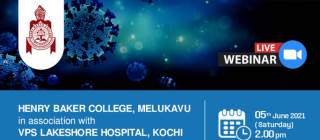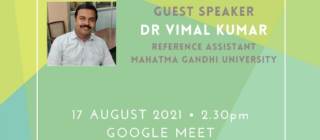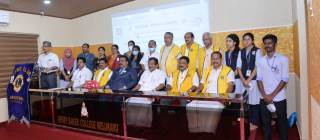Fundamentals of Computer System
Learning Objectives
- Introduce the fundamentals of computing devices and reinforce computer vocabulary, particularly with respect to personal use of computer hardware and software, the Internet, networking and mobile computing.
- Give students an in-depth understanding of why computers are essential components in business, education and society.
Module-1: (6 Hrs.)
Evolution of the computing machine
- Abacus
- Napers bones
- Pascaline
- Leibniz calculatorJacquard’s loom
- Difference engine
- Analytical engine
- Hollerith’s machine
Module-2: (6 Hrs.)
Generations of computers
- First Generations of computers (1940-1956)
- Second Generations of computers (1956-1963)
- Third Generations of computers (1969-1971)
- Fourth Generations of Computer (1971- present)
- Fifth Generations of computers (Present beyond).
Module-3: (1 Hrs.)
Types of computers
- Desktop computers
- Work stations
- Note book computers
- Tablet computers
- Hand held computers
- Smart phones.
Module-4: (1 Hrs.)
Functional units of a computer
- Input unit
- Storage Unit
- CPU
- Output
Module-5: (6 Hrs.)
Hardware
- Processors
- Motherboard
- Peripherals and parts
- Memory
- Primary
- ROM & RAM
- Secondary or auxiliary storage
- Magnetic storage devises
- Optical storage devises
- Conductor storage
Module-6: (5 Hrs.)
Input/ output devices
- Keyboard
- mouse
- Light-Pen
- Touch screen
- Graphic tablet
- Joystick
- Microphone
- Scanner
- Mark reader
- Barcode/ QR Code reader
- MICR reader
- Biometric sensor
- Smart card reader
- Digital camera output devices
- LCD-Printer
- Plotter
- 3D Printer.
Module-7: (2 Hrs.)
Software-OS-Process management-memory management-file management
- Device management
- Application software.
Module-8: (3 Hrs.)
Cyber Crimes against individuals
- Identity hurt
- Harassment
- impersonation and cheating
- Violation of privacy- cyber
- Crimes against property
- Credit card fraud
- Intellectual property theft
- Internet time theft
- Cybercrimes against Government
- Cyber terrorism
- Website defacement
- Attack against e-government website
Reference:
- Computer Fundamentals” by P K Sinha
- Computer Fundamentals: Architecture & Organization Ram, B. 4th ed New Age
- Computer Networks & Internets: With Internet Applications Comer, Douglas 4th ed Pearson



